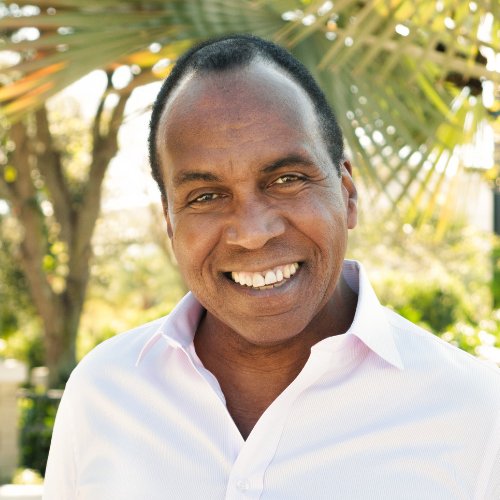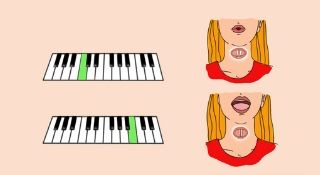Singing In Whistle Register
Watch this video for two techniques to help you start singing in your whistle register:
Singing in your whistle register is in a word spectacular. In another word, impressive.
If you're unsure what the whistle register is, the simplest way of thinking about it, is it produces incredibly high notes.
Think Mariah Carey. Or to go back to one of the originators of the technique, Minnie Riperton.
The Secret To Star Singing
Click HERE For The Secret To Star Singing
The Secret To Star Singing
Click HERE For The Secret To Star Singing
Now, not all singers can reach the whistle register.
The
fact is that a small percentage of singers have incredible flexibility
in their vocal chords, which allows them to sing these extremely high
notes.
But if you're note one of the lucky ones, it shouldn't
stop you from expanding your vocal range as much as you can. The higher
you sing, the more flexibility you have when it comes down to what songs
you can sing.
So with that said, let's look at some tips about
singing high into your range, and maybe even getting into your whistle
register!
How Do You Correctly Sing Into Your Higher Registers?
First, it's important to understand what's actually happening when you sing your higher notes.
The easiest way to think about it is to think of a piano. If you look inside a piano, you'll see lots of different length strings.
They are longest on the lower notes, and as you get to the higher notes, they get smaller and smaller.
When you hit a key, a mallet hits the string and it vibrates to produce the sound.
Your vocal chords are similar.
As you sing your different notes, your chords will adjust in length.
So at your lower notes, more of your vocal chords are vibrating.
When you get into your higher notes, less of the chords are vibrating.
So if you're able to get into your whistle register, what's happening is air is only vibrating over a very tiny portion of the vocal chords. The result is a extremely high note.
Tips To Reach Your Highest Notes (Maybe Even The Whistle Register)
The biggest mistake a singer makes going for higher notes, is they "push up" to try and reach the note.
What happens when you do this is it pushes the voice box out of place. This cuts of your air supply, and then you have to push even harder to get the note.
This sets off all the muscles that are not supposed to be involved in singing.
You can develop some big problems when this happens. You can damage your vocal chords. You may get a sore throat. And worst of all, your tone quality suffers greatly when you're pushing your voice.
So How Do You Fix This Problem?
You can counter this by actually singing down into your high notes.
Start by focusing your sound above your cheeks and then literally "think" that you're singing down instead of pushing up.
(To add to this technique, on your low notes you can sing "up" into them. This keeps your sound positioned correctly above your cheeks)
Also, when you're practicing you can place your thumb below your jaw. This way you can feel when your swallowing muscles are incorrectly tensing up.
With this awareness you'll be able to gradually relax these muscles, which is key to improving your technique (and hitting higher notes).
In the video above I demonstrate an exercise that you can practice to increase your range, and who knows… maybe you're one of the lucky ones that can sing in your whistle register!
New! Comments
Show me you're alive! Leave a comment below...About The Author
 Roger Burnley - Vocal Coach Roger Burnley - Vocal Coach |
Roger Burnley is a vocal coach located in Hollywood, California. He has been teaching singers for over 30 years and singing for even longer than that.
Notable past and present clients include Macy Gray, Brandy, Ray J, The Beastie Boys, James Torme, Taylor Lautner, Nona Gaye, and many more.
His clients have collectively sold more than 30 million albums, with several reaching Platinum and Gold status.
Roger has been featured on VH1, TV Guide Channel, TV One,
and MTV appearing as a vocal expert.
About The Author
 Roger Burnley - Vocal Coach Roger Burnley - Vocal Coach |
Roger Burnley is a vocal coach located in Hollywood, California. He has been teaching singers for over 30 years and singing for even longer than that.
Notable past and present clients include Macy Gray, Brandy, Ray J, The Beastie Boys, James Torme, Taylor Lautner, Nona Gaye, and many more.
His clients have collectively sold more than 30 million albums, with several reaching Platinum and Gold status.
Roger has been featured on VH1, TV Guide Channel, TV One,
and MTV appearing as a vocal expert.









New! Comments
Show me you're alive! Leave a comment below...